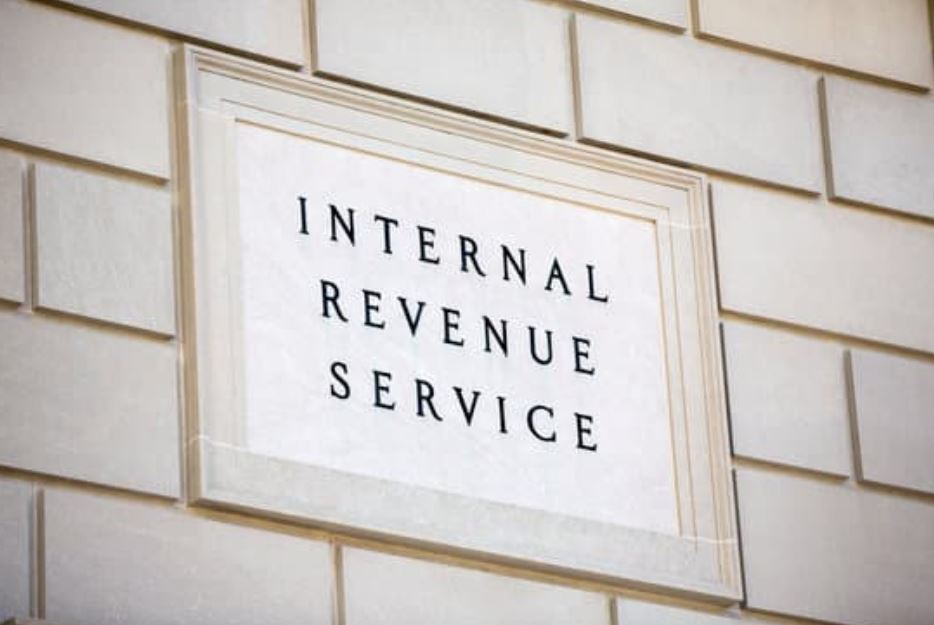Understanding HSAs and FSAs
An HSA is portable. It stays with your employees even if they leave your company or the workforce…
Health Savings Account (HSA)
As explained by the IRS, a health savings account is a tax-exempt trust or custodial account used to “pay or reimburse certain medical expenses you incur; you must be an eligible individual to qualify for an HSA.” Companies don’t need authorization from the IRS to establish one. Companies can just set one up with a trustee, typically a bank or an insurance company.
There are several powerful advantages for your employees:
- Contributions to an HSA made by an employer (including contributions made through a cafeteria plan) may be excluded from gross income.
- The contributions remain in an employee’s account until they’re used.
- The interest or other earnings on the assets in the account are tax-free.
- Distributions may be tax-free if you pay qualified medical expenses.
- Employees can change contribution levels throughout the year.
- An HSA is “portable.” It stays with your employees even if they leave your company or the workforce.
To offer your employees such a plan, however, you have to offer a high-deductible health plan, which, as the name says, has a higher deductible than is typical. In brief, the HSA and HDHP are designed to work in partnership to provide full coverage.
Flexible Spending Account (FSA)
A FSA has much the same purpose as an HSA but operates under different rules. Under such a plan, your employees set aside a certain amount of money for medical expenses:
- No federal or employment taxes are deducted from this amount.
- An employer may contribute, but doesn’t have to.
- Withdrawals may be made tax-free.
- Money may be spent in advance, as long as the employee has made a commitment to the salary reduction agreement.
- Unlike with HSAs, these are “use it or lose it” plans. With few exceptions, money not spent at the end of the calendar year is lost.
- Employees can’t alter their annual contribution amounts unless there is a major family change.
From the employer’s viewpoint, the FSA is easier to set up. It can be offered in conjunction with other plans and is not bound to a HDHP the way an HSA is.
Can You Offer Both?
In word, no. The government allows employers to offer only one or the other. However, it does offer a small loophole: an employer may offer a “limited purpose” FSA in conjunction with an HSA. Such a limited plan may be applied just to dental or vision expenses, for example.
Want more information on setting up HSAs and FSAs? Contact us today.
Copyright © 2019







Reply a Comment